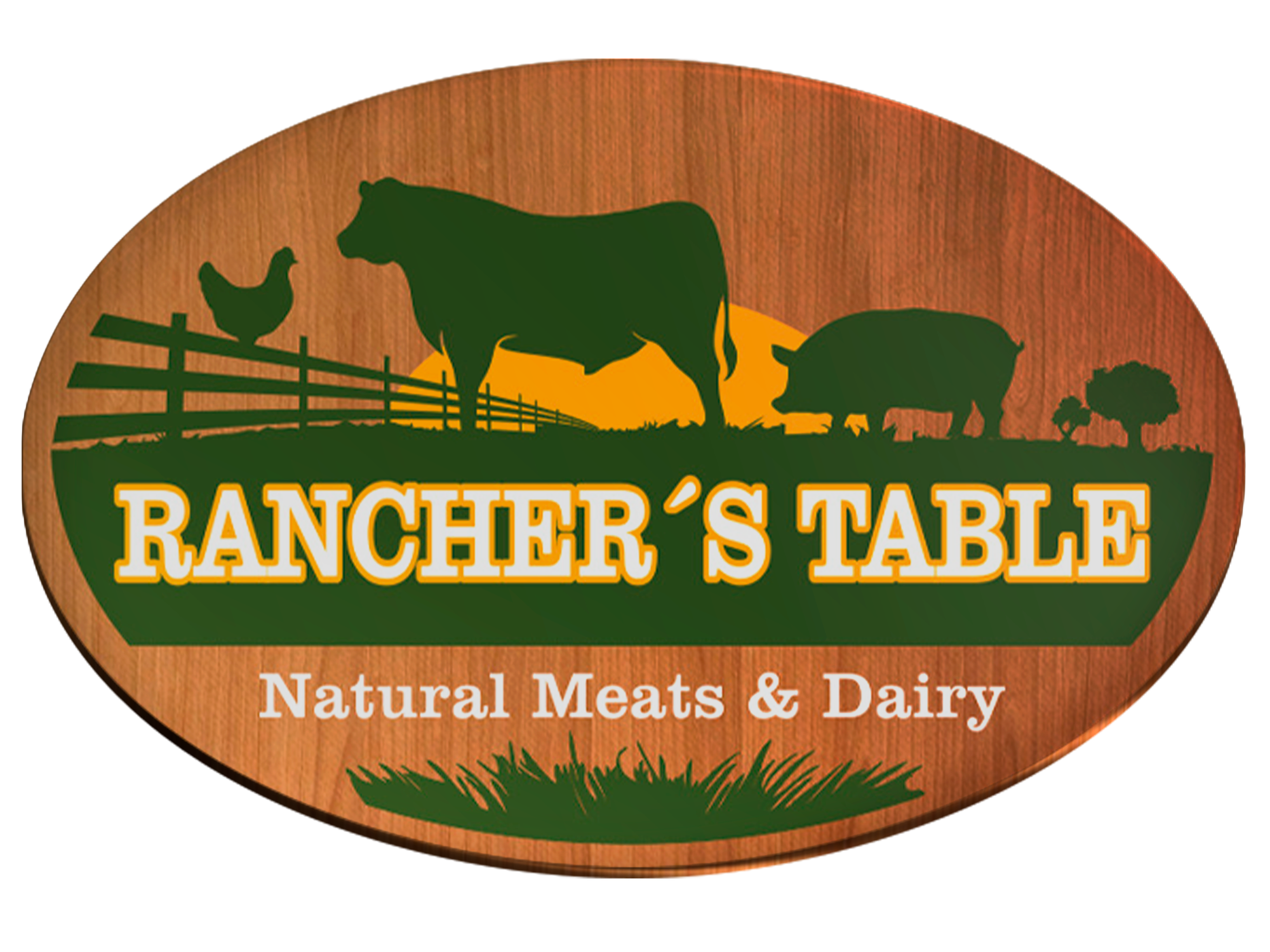Corporate Secrecy and Consumer Safety

In an era where food should be the cornerstone of health and well-being, a shadow has been cast over our plates by the practices of some in the food production industry.
Corporations involved in gene-altered livestock production have chosen secrecy over transparency. A decision that not only undermines your trust as the consumer, but also poses potential risks to public safety.
The agricultural sector has seen a quiet revolution with the introduction of mRNA vaccines and genetic modifications in livestock, specifically pigs, chickens, cows, and cattle.
However, this revolution has been shrouded in secrecy.
Corporations have largely kept quiet about these practices, leaving consumers in the dark about what they're consuming.
This lack of transparency isn't just about business; it's about the very food we trust to nourish our bodies.
The Cost of Secrecy
When companies withhold information about the genetic modifications or vaccinations of livestock, they're not just hiding their processes; they're eroding the bedrock of consumer trust.
This secrecy means that we, as consumers, are unwittingly part of an experiment with unknown long-term effects.
The potential dangers are manifold:
- Health Risks: Consuming meat from gene-altered or vaccinated animals could introduce foreign proteins or genetic materials into our bodies. The long-term impact on human health, including immune system reactions, cardiovascular risks, or even neurological effects, remains a speculative but concerning possibility.
- Safety Concerns: Without knowing what's in our food, we're unable to make informed choices about our health. This opacity could lead to exposure to substances that might not have undergone rigorous safety assessments for human consumption.
- Loss of Trust: When companies prioritize profit over transparency, they break the social contract with consumers, leading to a broader mistrust in food production systems.
Regulatory Failures
The failure of food safety organizations to demand accountability from these corporations is a glaring oversight.
These bodies, meant to protect public health, have not kept pace with the technological advancements in food production, failing to enforce or even demand transparency in these novel practices.
This regulatory gap leaves consumers unprotected, navigating a food landscape where the safety of what they eat is not guaranteed by those in charge of oversight.
Consumer Rights
In a world where information is power, consumers have a fundamental right to know what's on their plates. Information about the origin, treatment, and genetic status of the food we consume should not be a luxury but a basic right.
This isn't about advocating for stricter labels but about empowering ourselves by demanding transparency through our choices:
- Educate Yourself: Knowledge is your shield. Understanding the implications of consuming gene-altered foods empowers you to make choices aligned with your health and ethical standards.
- Demand Traceability: Even without formal labels, seek out sources that provide traceability, where farmers or producers are open about their practices. This can often be found through local markets or directly from farms.
- Choose with Consciousness: Every purchase is a vote for the kind of food system you want to support. Opting for unadulterated, natural foods is a declaration of your values.
The Trusted Alternative
The answer lies in returning to what has sustained us for millennia: natural, organic, hormone-free meat. Here's why this choice is not just ethical but essential:
- Health and Safety: By choosing meat from animals raised without genetic manipulation, hormones, or steroids, you minimize exposure to unknown substances. This is about safeguarding your health in the most direct way possible.
- Ethical Farming: Supporting farms that practice transparency and ethical treatment of animals aligns with a broader commitment to welfare, both for ourselves and the creatures that feed us.
- Environmental Sustainability: Naturally raised livestock often implies less environmental impact, supporting a healthier planet which, in turn, supports our health.
- Community and Culture: Choosing local, natural products often means supporting local economies and preserving cultural practices around food that are rooted in health and sustainability.
In conclusion, in a world where corporate secrecy could endanger human welfare, we must empower ourselves. By choosing unvaccinated, hormone, and steroid-free meat, we not only protect our health but also advocate for a food system where transparency, safety, and respect for natural processes are not just ideals but realities.
This choice is about more than food; it's about the future we want to cultivate for ourselves and generations to come. Genetic modification risks organic farming benefits more personal anecdotes
